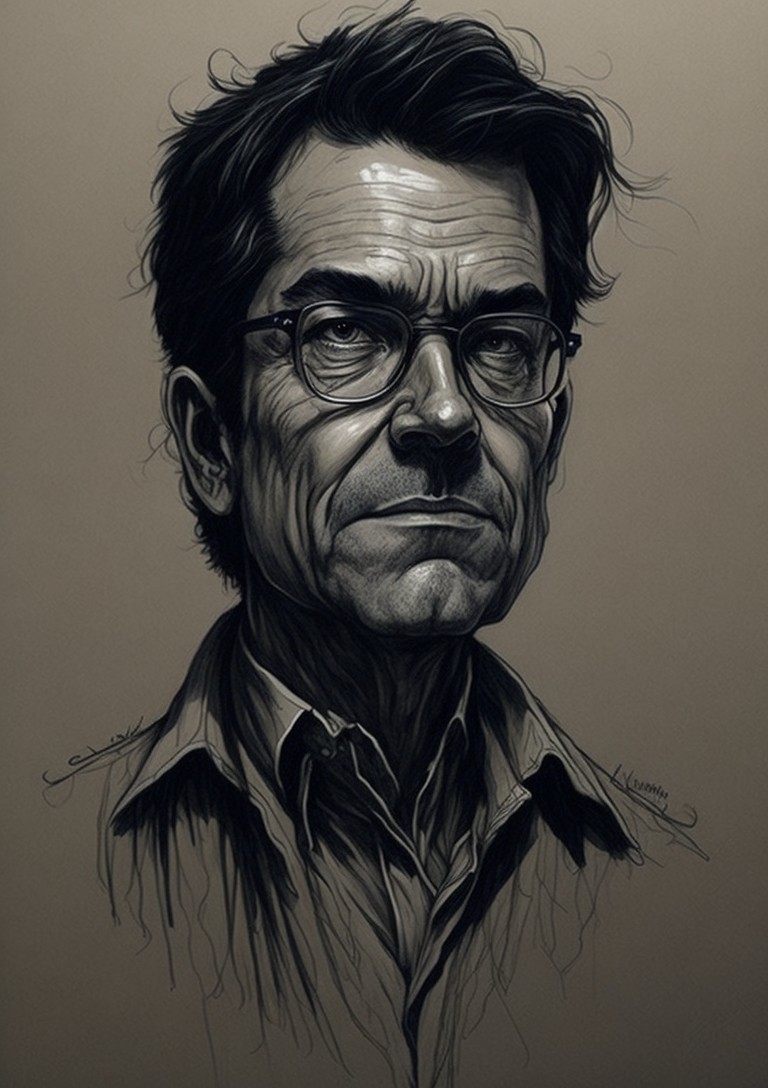Artificial Intelligence has come a long way since its inception in the 1950s. The field has grown by leaps and bounds, and today, AI is an integral part of our lives. From self-driving cars to facial recognition technology, AI is changing the world as we know it. One person who has been at the forefront of this revolution is Yann LeCun, the Father of Deep Learning.
Born in Soisy-sous-Montmorency, France in 1960, Yann LeCun showed an early interest in mathematics and science. He received his undergraduate degree in physics from Pierre and Marie Curie University in Paris in 1983, and his Ph.D. in computer science from Pierre and Marie Curie University in 1987. After completing his Ph.D., he worked as a postdoctoral researcher at the Adaptive Systems Research Department at AT&T Bell Laboratories in New Jersey.
It was at AT&T Bell Laboratories that LeCun made his groundbreaking contribution to the field of AI. In 1989, he invented a new type of neural network called Convolutional Neural Networks (CNNs), which was designed to process visual information. CNNs have since become the backbone of many computer vision tasks, such as image classification, object detection, and facial recognition.
LeCun’s work on CNNs was not immediately recognized. At the time, neural networks were not as popular as they are today, and many researchers believed that they were not useful for practical applications. However, LeCun persevered, and his work on CNNs eventually gained recognition.
In 1996, LeCun returned to academia and became a professor at New York University. He continued to work on deep learning, and in 2013, he and his colleagues developed a new type of neural network called a Deep Convolutional Neural Network (DCNN). DCNNs were even more powerful than CNNs, and they became the basis for many new applications in computer vision, natural language processing, and speech recognition.
LeCun’s work on deep learning has earned him many accolades. He has won numerous awards, including the IEEE Neural Network Pioneer Award in 2014, the IEEE Neural Network Society’s Technical Achievement Award in 2015, and the ACM A.M. Turing Award in 2018, which is considered to be the Nobel Prize of computing.
In addition to his work on deep learning, LeCun has also been a vocal advocate for open-source software and the democratization of AI. He believes that AI should be accessible to everyone, and that it has the potential to change the world for the better.
In conclusion, Yann LeCun is a true pioneer in the field of artificial intelligence. His work on deep learning has revolutionized the field, and his contributions to computer vision, natural language processing, and speech recognition have paved the way for many new applications. LeCun’s dedication and perseverance have earned him numerous accolades, and his advocacy for open-source software and the democratization of AI make him a true visionary. Yann LeCun is a true inspiration to anyone who is interested in the field of AI, and his work will undoubtedly continue to shape the future of AI for years to come.


Leave a Reply
You must be logged in to post a comment.